Importance of Documentation in International Shipping

There are many legal, regulatory and operational frameworks involved in international shipping. In this case, documentation is not just a routine but is the backbone of all stages of global logistics. It ensures that products move smoothly across borders; it helps comply with regulations and promotes transparency between shipper and receiver.
Understanding the need for accurate and complete documents in international shipping is important for companies looking to expand their global presence without any legal setbacks or administrative hindrances.
This article will discuss why good documentation is crucial, what happens when it goes wrong and how businesses can improve on this aspect to make international transactions easier.
Role of documentation in the shipping process
Documentation is an authoritative reference point on how goods should be moved from one place to another across national boundaries during international transportation. It provides vital information such as the nature and quantity of goods, their origin and destination, which are necessary for customs clearance procedures and conformity with international trade laws. Also, accurate documentation helps track shipments, manage payments, and resolve disputes, among other things related to the shipping business worldwide. Nothing works well without correct papers – efficiency relies on legality; therefore, lack thereof can lead to delays, fines, or even confiscation of consignments.
Types of Shipping Documents
Bill Of Lading (BOL)
A Bill Of Lading is an essential document used in international shipping. It acts as a contract between the carrier and the owner(s) of the goods being transported. It also serves as a receipt showing that certain items have been shipped, indicates the terms under which they should be carried, and gives key tracking information.
Commercial Invoice
A commercial invoice is one of the documents required for global trading purposes since it describes what has been sold and delivered abroad by providing details like price per unit, quantity, type, total value, etcetera. Thus, it enables customs authorities to estimate duties and taxes payable while ensuring compliance with relevant laws governing such transactions internationally.
Certificate Of Origin
Certificate Of Origin is a document that verifies the country where goods were produced. It becomes very important in determining tariff rates under different trade agreements and also demanded by customs during the importation/exportation of products, which affects duties imposed and import controls, among others.
Packing List
A packing list is an itemized record accompanying shipped goods containing information about weight, measurements, sizes, etc., to facilitate correct identification at the destination point by ensuring everything contained therein tallies with what was expected when checking shipment content upon arrival.
Insurance Documents
Insurance documents confirm whether certain items are insured against any loss or damage occurring while being conveyed from one place to another during transit periods across international borders. They outline policy terms and coverage details, giving peace of mind and financial protection to both parties involved (shipper/consignee).
Export License and Import License
An export license permits individuals or entities to engage in export business, while an import license allows importing activities. Both licenses must be presented for international shipments involving controlled goods.
Importance of Documentation
Legal Implications
Proper documentation is essential for legal compliance in international shipping. Every record is a law-abiding act that ensures the observance of global commercial laws, customs rules as well as export-import controls by shipments. Failure to document adequately or accurately may result in severe penalties such as fines or even seizure of goods. These mistakes can interrupt business activities, ruin reputations, and lead to lawsuits. Ensuring correctness in documentation eases passage through customs and protects firms from legal battles and financial losses due to non-compliance, hence underlining its significance within the worldwide trade system.
Efficiency of Operation
Appropriate paperwork facilitates operational efficiency within worldwide transportation systems. Precise and complete records direct shipping operations by giving clear instructions and information to all parties, thus reducing errors and delays. This also applies at clearance points where preparedness speeds up processes, enabling goods to pass through checkpoints faster.
Furthermore, electronic data interchange (EDI) coupled with the use of electronic documents has revolutionized shipping more so during this era of digitalization like never before seen in history. Such software tools enhance the quick, accurate transfer of data, which cuts down the time taken for processing while improving overall efficiency across global supply chains in tracking, updating and delivering consignments.
Risk Management
Documentation is a basic risk evaluation and control tool within the international shipping industry. Proper record-keeping ensures that everyone involved knows what kind of cargo is being moved under which terms, hence minimizing the chances of making losses. In case damage occurs when items are lost during transit or if disputes arise between related parties, full files will be very helpful in proving claims quickly enough to facilitate the settlement process both legally and amicably.
Without proper understanding between different stakeholders on various aspects of their responsibilities towards each other’s property they deal with, there can be no smooth-running business relationship among them, let alone any successful venture globally, let alone undertaking safe interchange harbourside terminus facilities around the world’s major ports without knowing this aspect that covers within documentation such areas are meant to address concern related financial liabilities incurred due international shipments.
Financial Considerations
Financially, international shipping depends on documentation for success. Accurate and detailed paperwork speeds up customs procedures, reducing time wastage while awaiting clearance and, therefore, cutting down costs associated with this activity. Otherwise known as trade finance, well-arranged documents make payment security certain amongst parties involved, thus promoting the effective execution of transactions within the shortest time possible.
Through proper management strategy, where an organization optimizes its practice towards achieving the best results at the lowest cost, cost-saving measures can be realized through enhanced systems in place for handling records. This, in turn, reduces expensive errors arising from delays, eventually leading to high profitability levels and the building of a trustworthy reputation of a company engaged in the worldwide business community.
Technological Advancements
The future of international shipping documents lies in technological advancements adopted by different countries across the globe. Blockchain technology integration ensures secure data storage that cannot be tampered with easily because one would require access rights over many computers connected, forming a network underpinning the whole system, thus making it difficult to alter any given record without detection.
Automation processes brought about by smart contracts enable various activities involved during the shipping process, from payments made up to compliance checks carried out; this helps improve efficiency while minimizing human error cases when performing these tasks manually or over traditional methods used previously. Therefore, digitization efforts should continue being embraced to streamline more operations relating to logistics worldwide, leading to increased accessibility among enterprises regardless of their sizes involved in engaging commerce internationally.
Conclusion
Nothing can be more important than the role of documentation in international shipping. It is the basis for legal compliance, operational efficiency, risk management and financial stability in the world trade system. With technology moving forward, we will see massive changes in how documents work when blockchain technology and smart contracts are implemented into these processes; this will make everything much safer and more efficient. To keep things running smoothly and eliminate any potential hazards, companies must ensure they have accurate & complete records at all times. Such Improvements should not only optimize shipping practices but also increase the capability of enterprises to withstand shocks while remaining competitive globally. I think you will understand the importance of documentation in international shipping. For better documentation, you want to consult with a good and experienced shipping company.
Latest Blogs
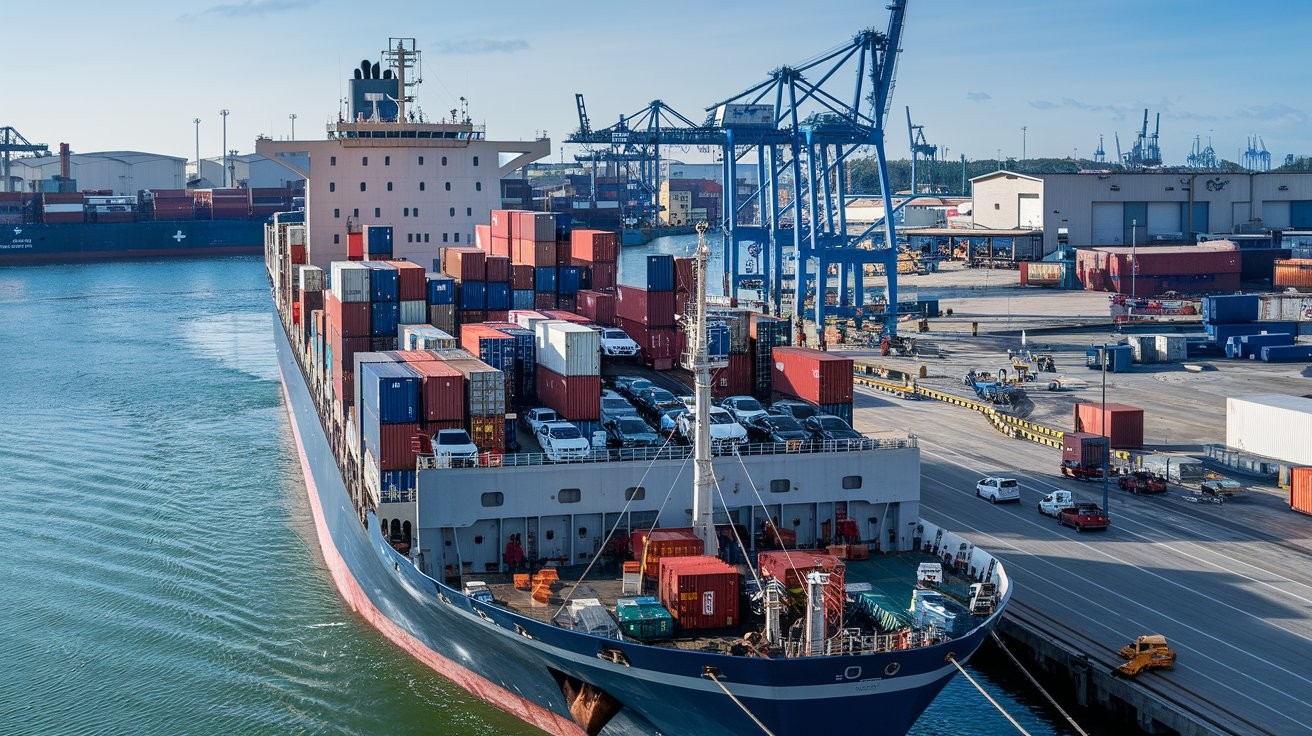

Key Benefits of End to End Supply Chains
20 Sep, 2024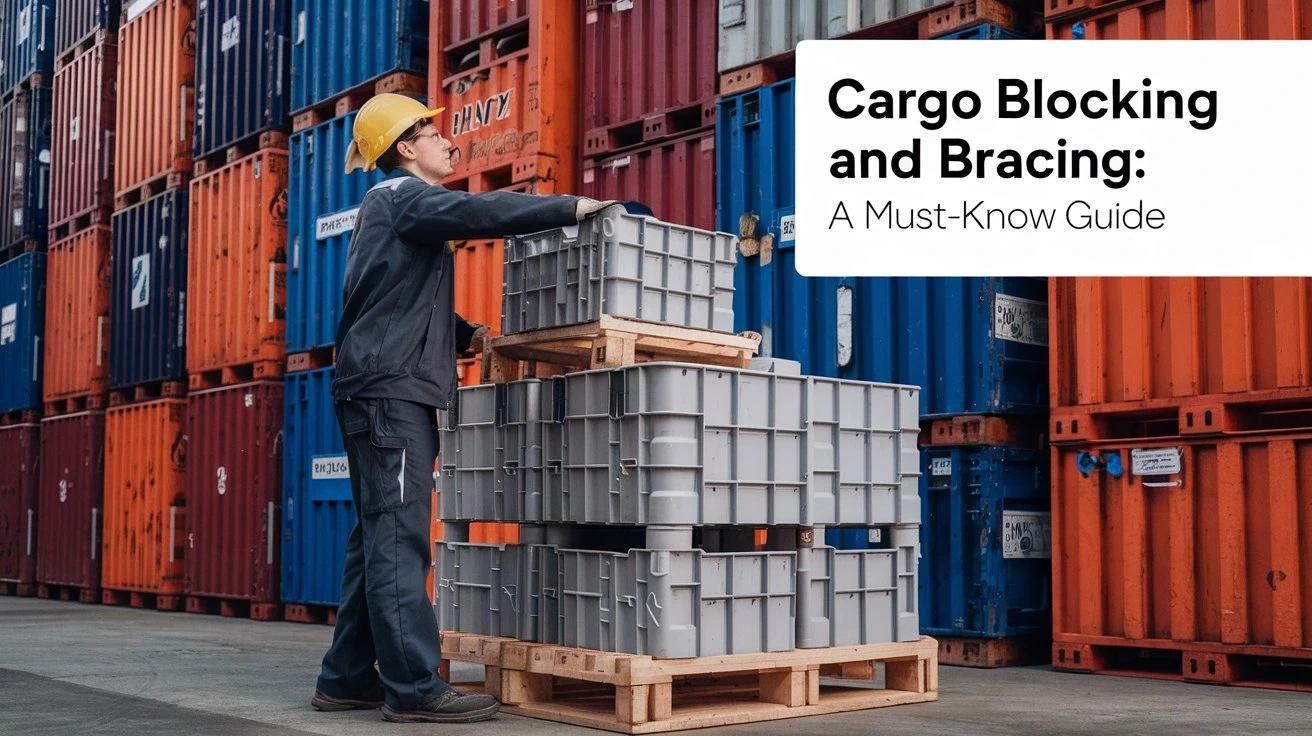
Cargo Blocking and Bracing: A Must-Know Guide
17 Sep, 2024
Third-Party Logistics (3PL): A Complete Guide
31 Jan, 2024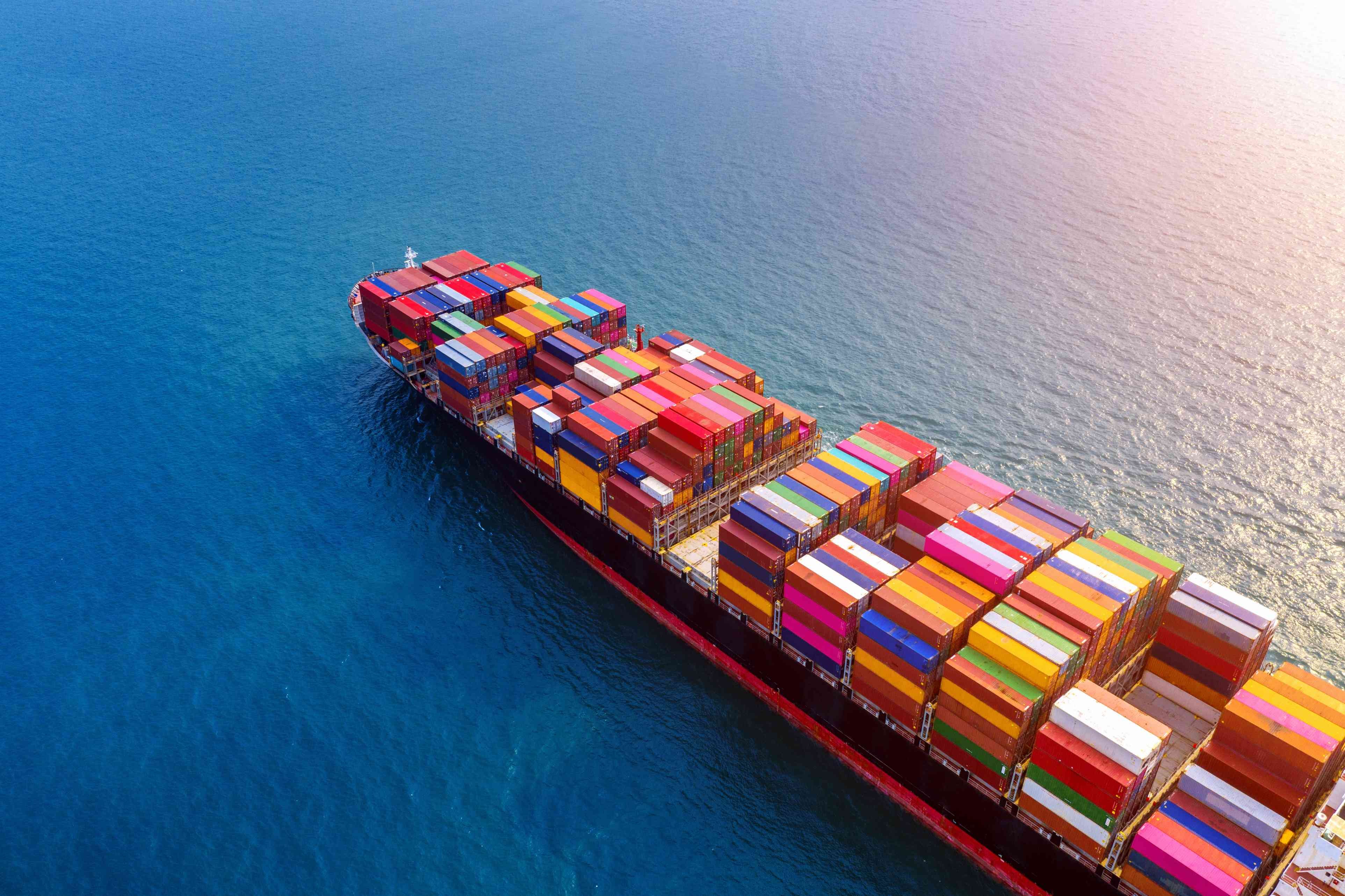
How do I book a container by sea freight
27 Nov, 2023
Top Reasons You Need A Cargo Insurance
30 Aug, 2023
Benefits of Customs Bonded Warehousing
24 Jul, 2023
Benefits of Logistics Outsourcing
30 Jun, 2023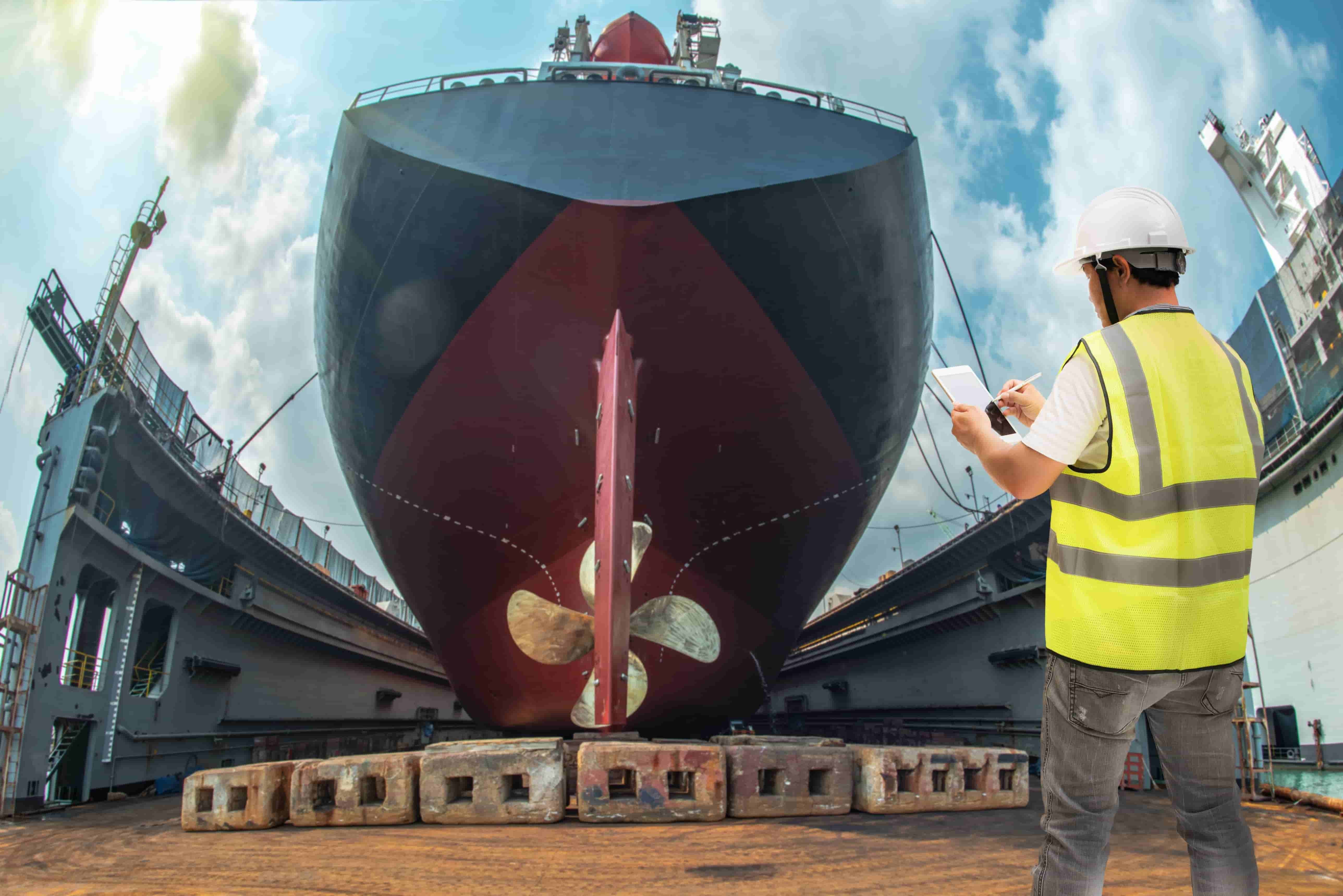
What is Dry Docking & Why Do Ships Do It?
30 May, 2023
All You Need to Know About Air Freight
16 May, 2023
Ways Carriers Benefit from Contract Logistics
25 Apr, 2023
Pros and Cons of Contract Warehousing
27 Mar, 2023641c5faf72d6a.jpg)
Advantages of Freight Consolidation
23 Mar, 2023
All You Need to Know About Freight Charges
27 Feb, 2023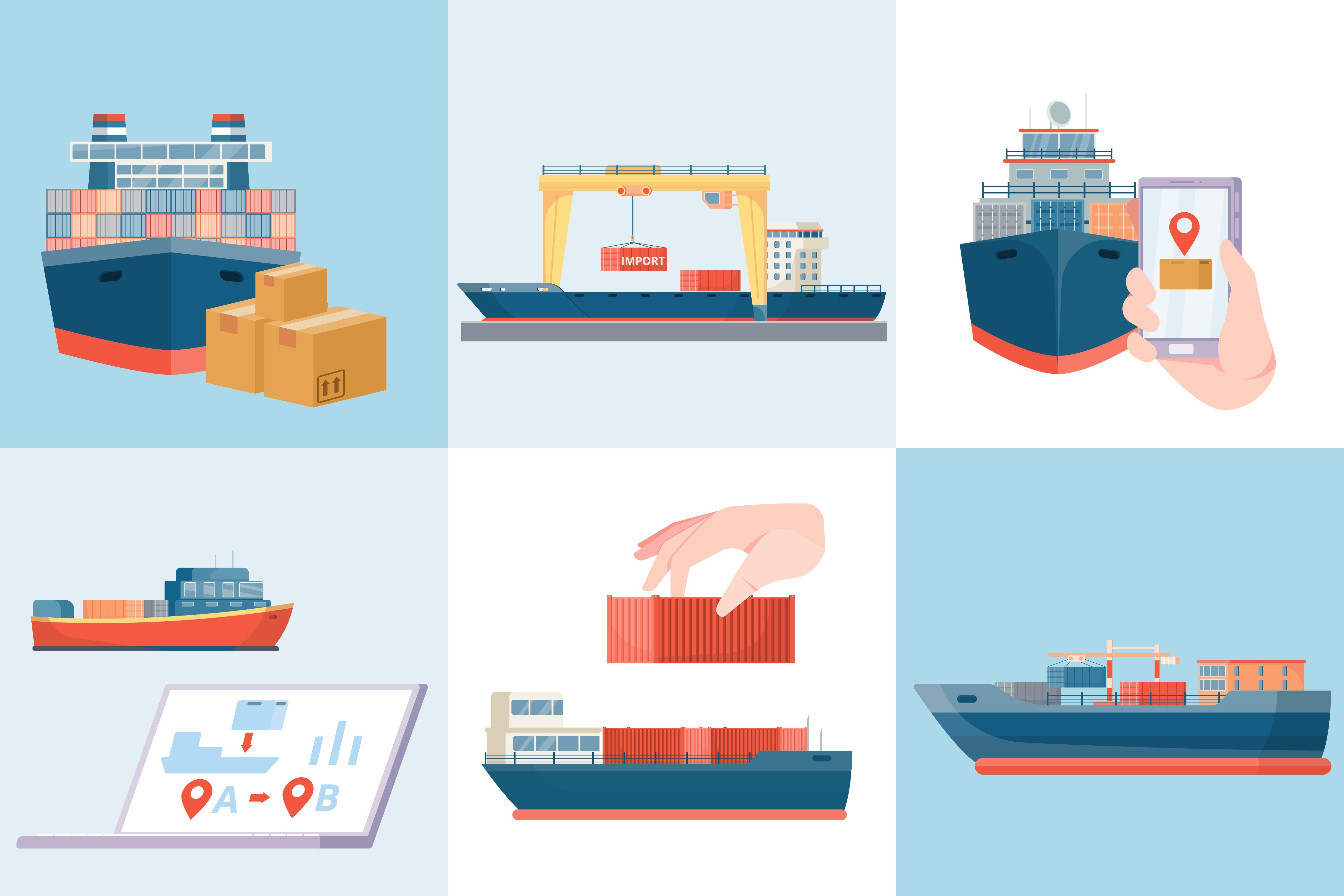
How to Find A Good Freight Forwarder?
24 Jan, 2023
What is Project Cargo and How is it Transported?
07 Nov, 2022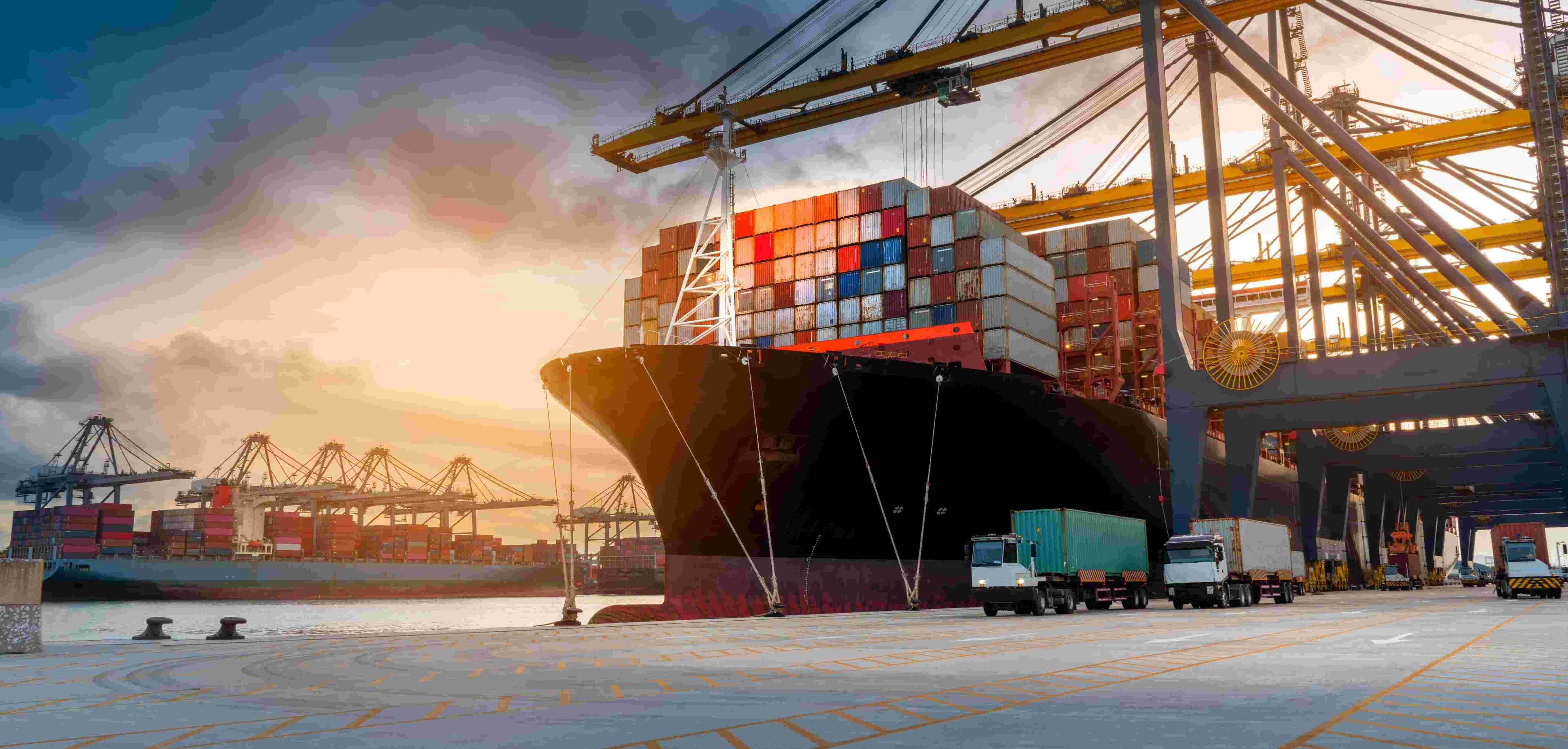
How International Ocean Freight Shipping Works
25 Oct, 2022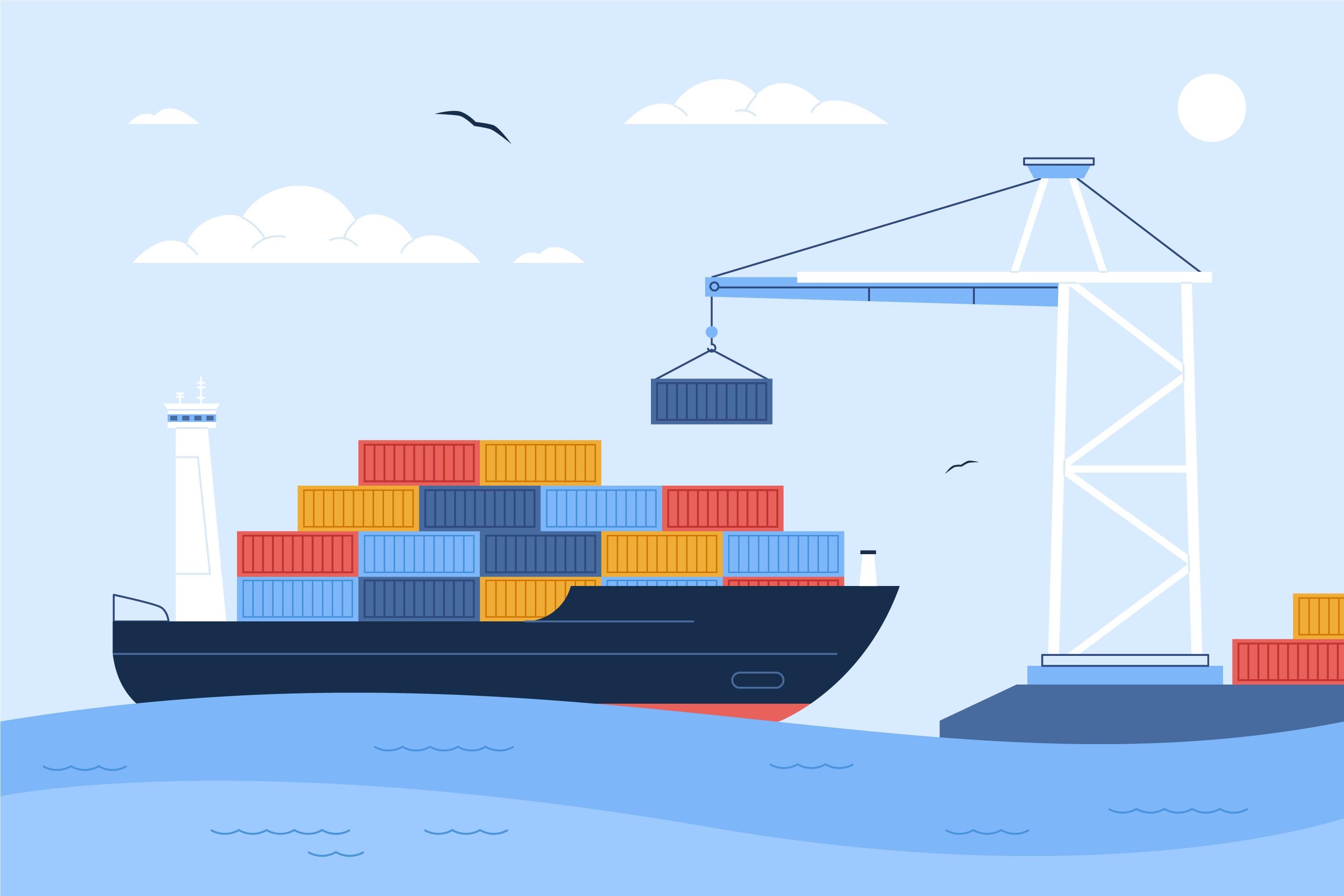
How does LCL shipping work?
26 Sep, 2022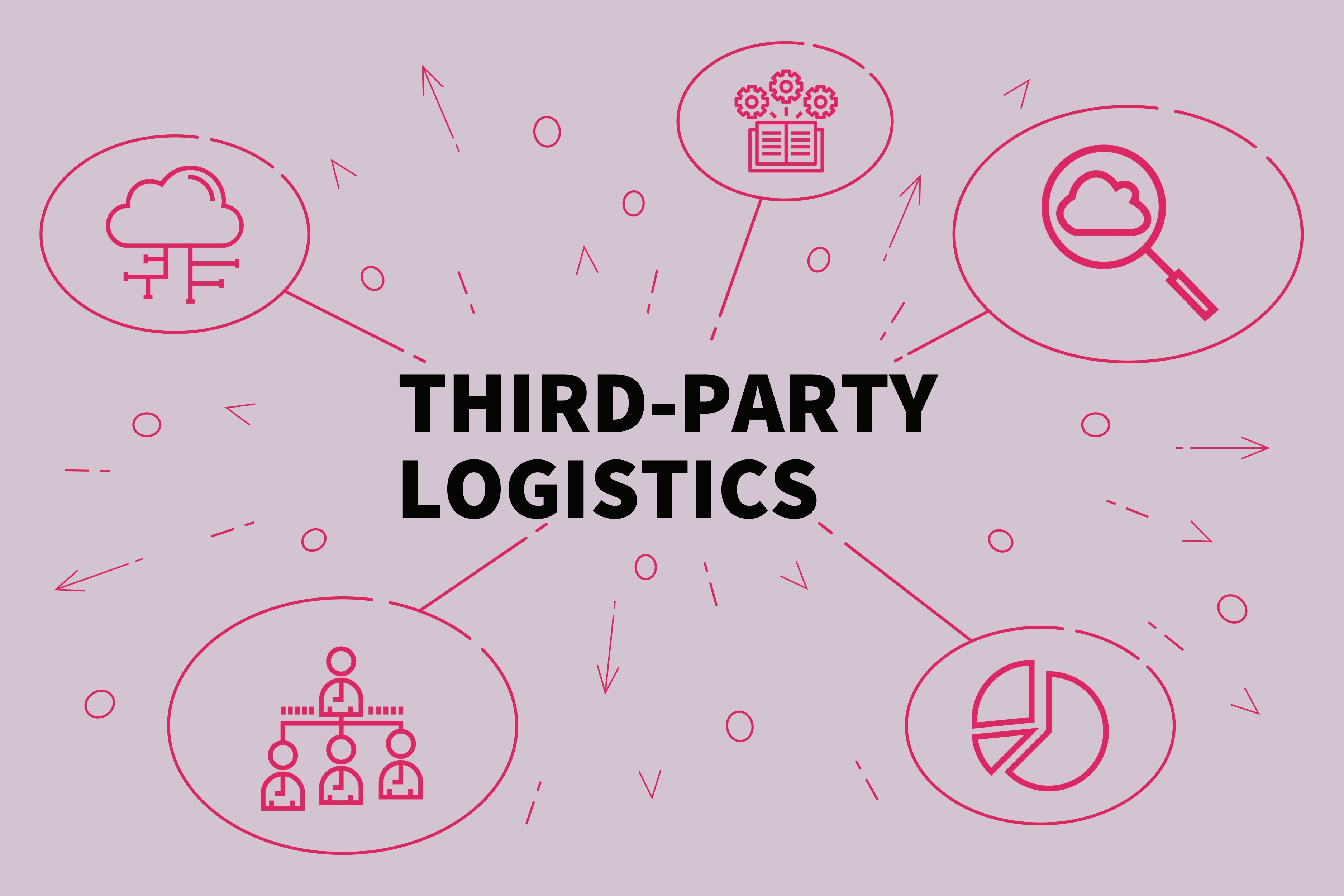
8 Ways to Optimize Your 3PL Relationship
22 Sep, 2022
Benefits Of Using An Outsourced Warehouse
22 Aug, 2022
Importance of Cargo Insurance
30 Jul, 2022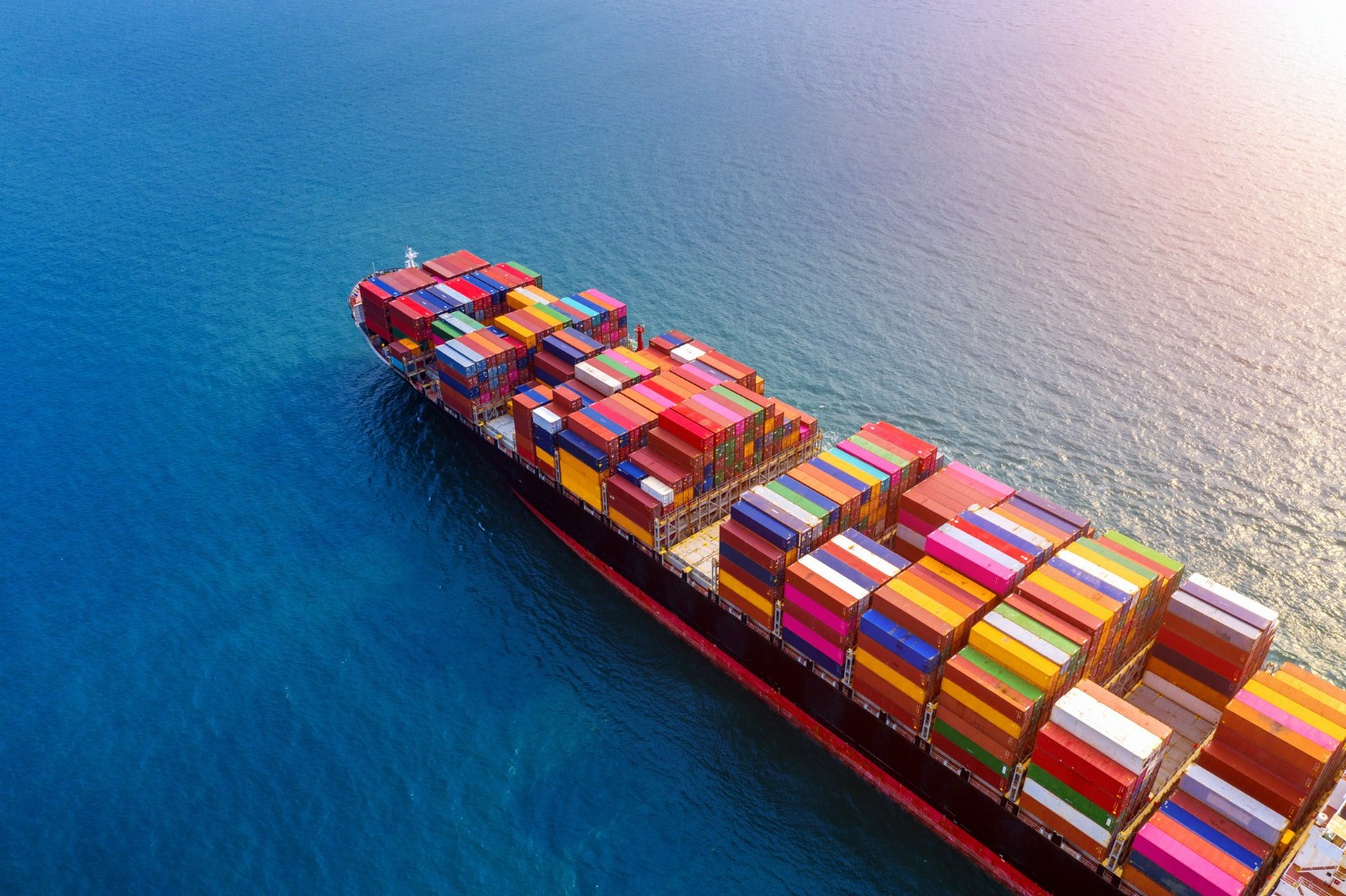
Top 10 Benefits of Ocean Freight Shipping
22 Jun, 2022
LCL or FCL - Which is Right for Your Cargo?
26 May, 2022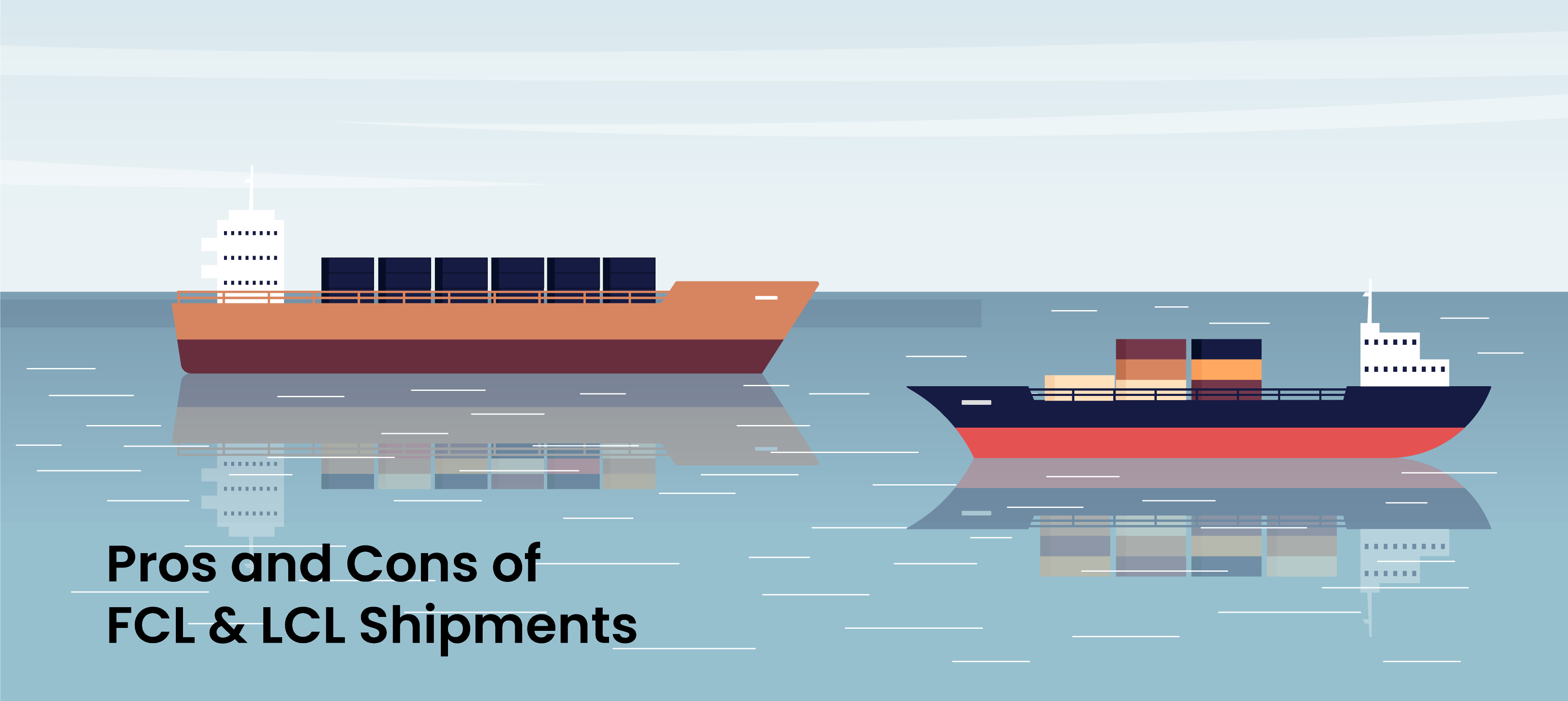
Pros and Cons of FCL & LCL Shipments
21 May, 2022
Key Benefits of LCL Shipping for Your Business
28 Jan, 2022

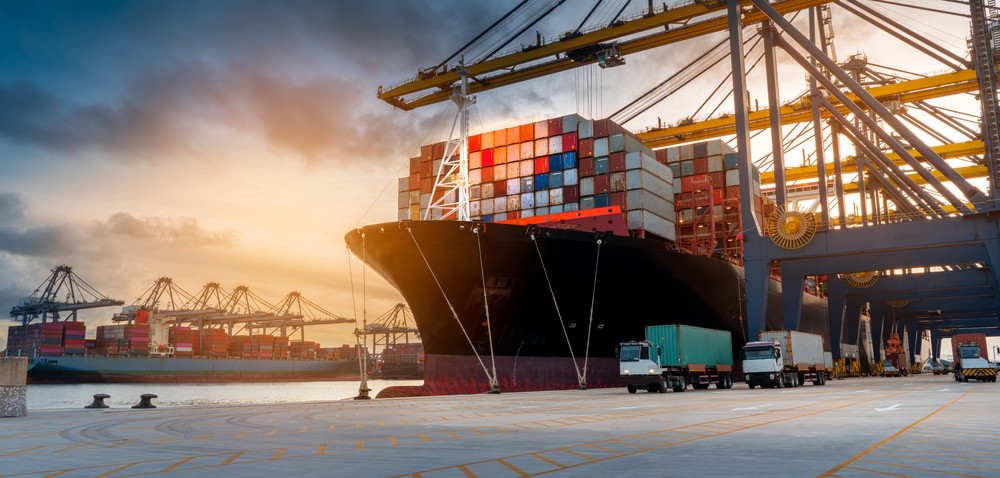
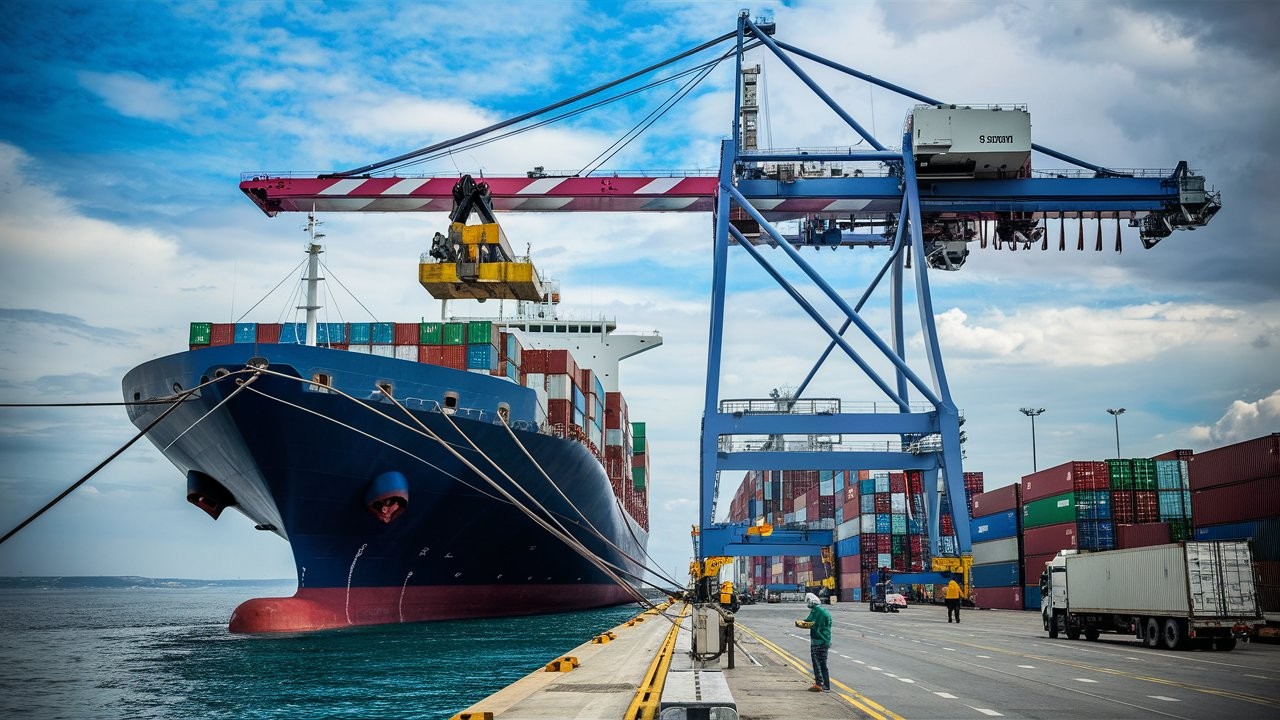
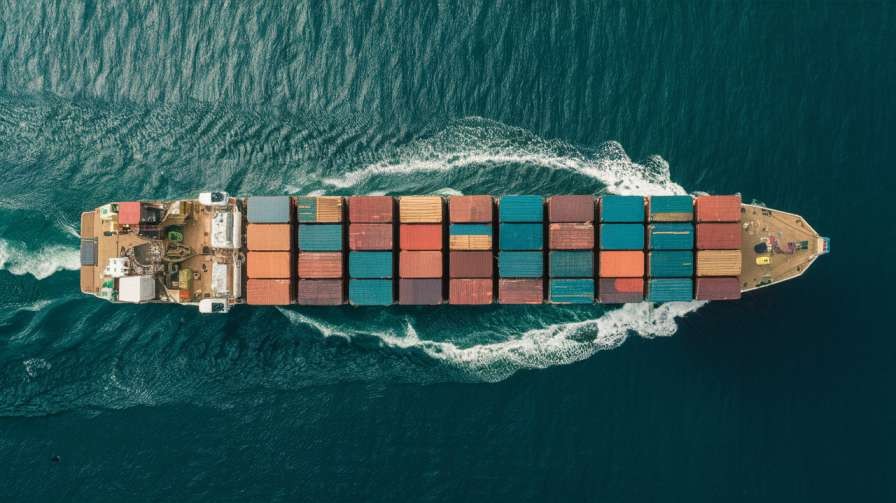

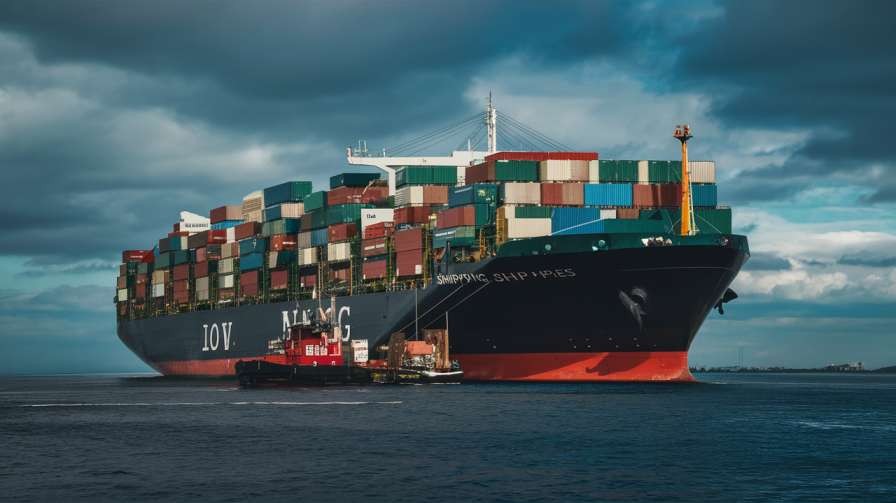



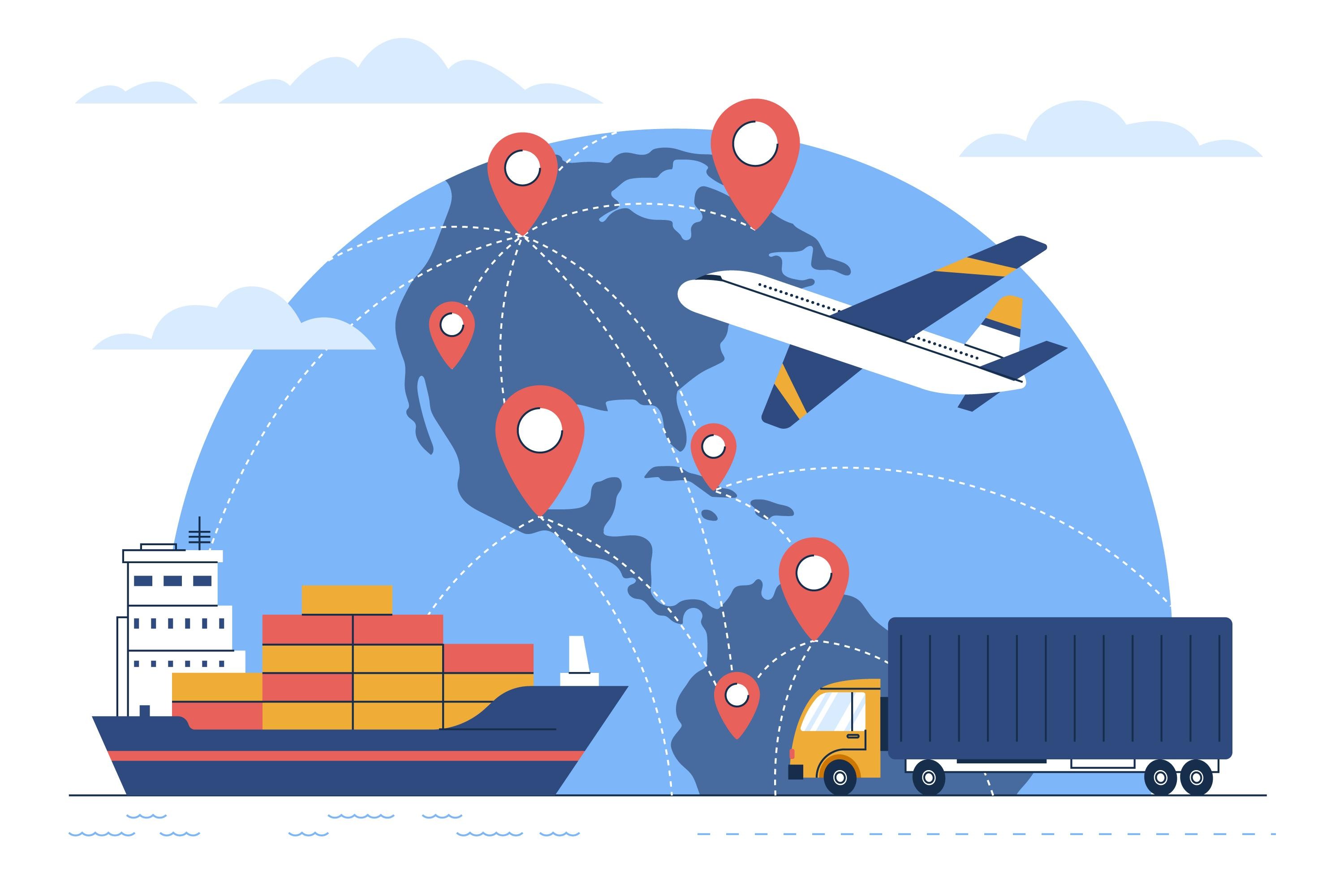



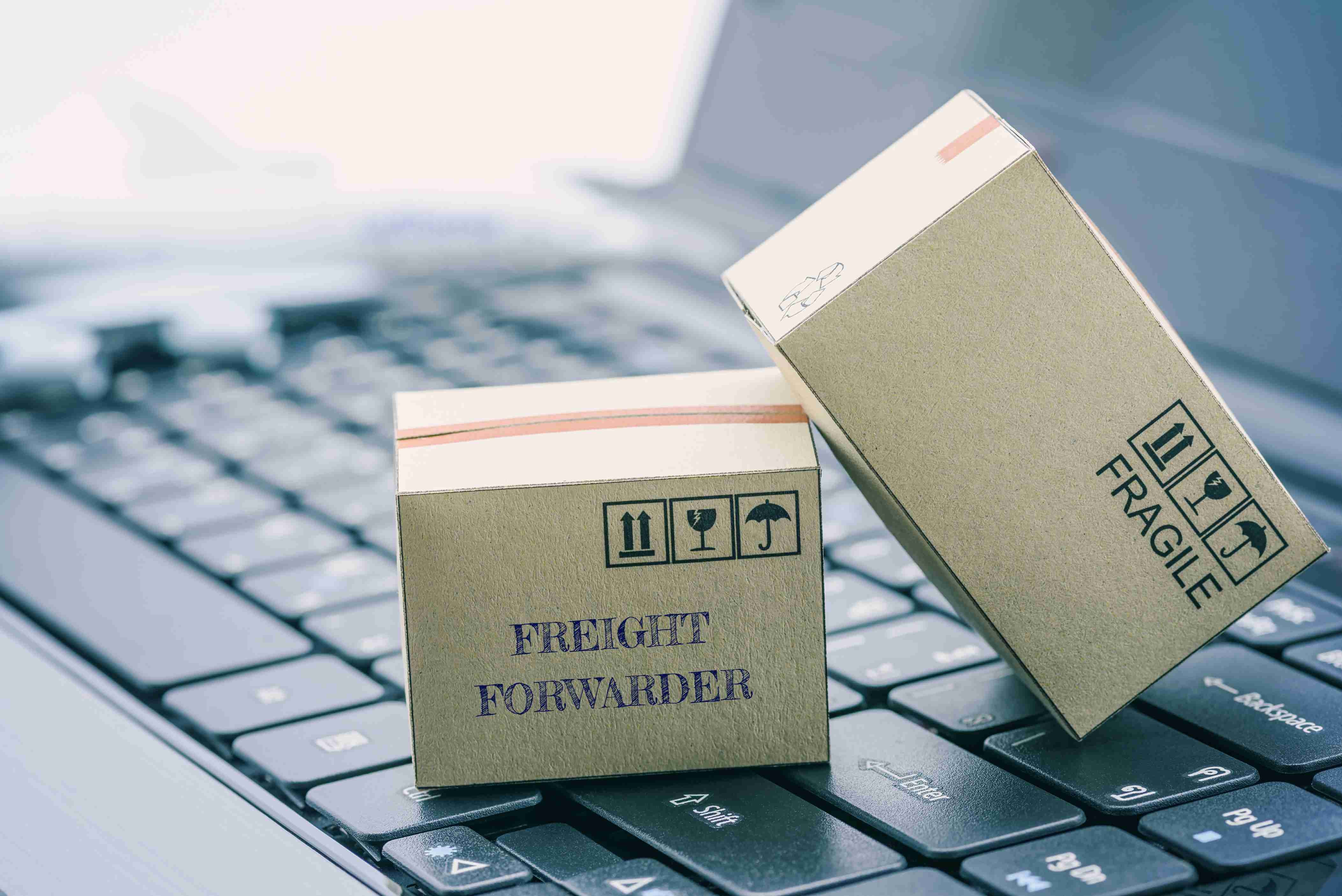

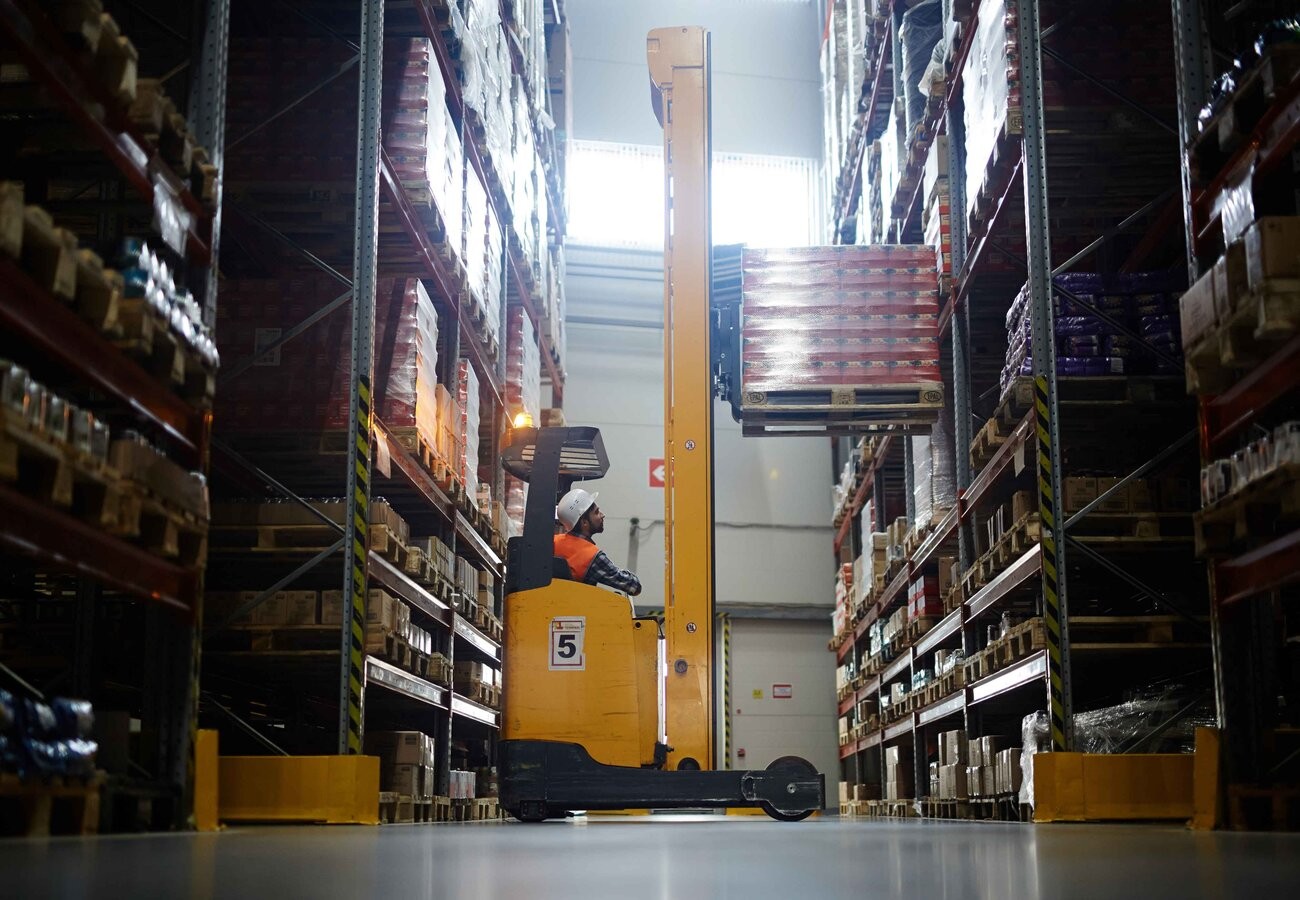
64ef6d522bd5d.jpg)
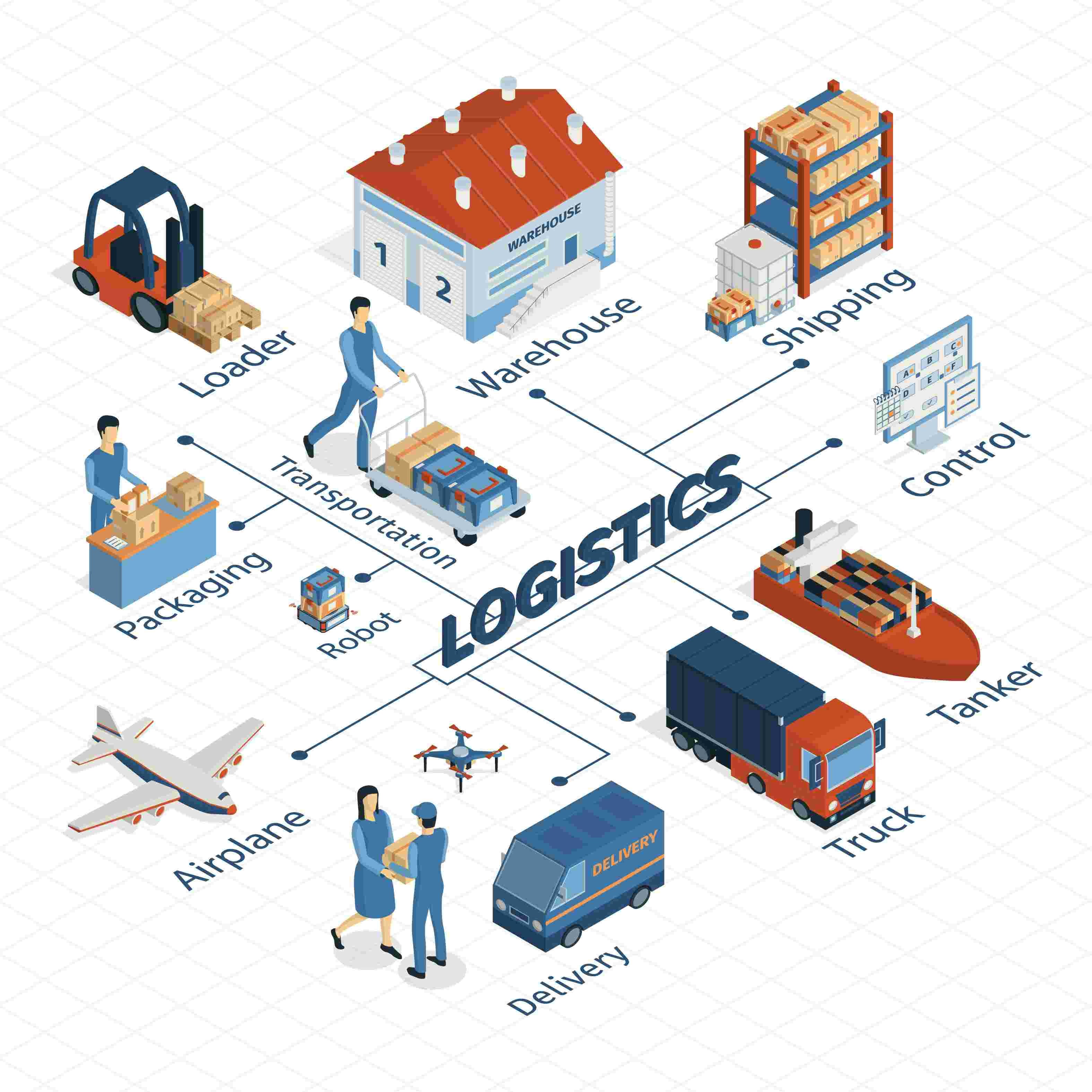
64a477953e86e.jpg)
643ff0cfeaf4e.jpg)
63fcb9023ba5f.jpg)
63d94f83c4432.jpg)


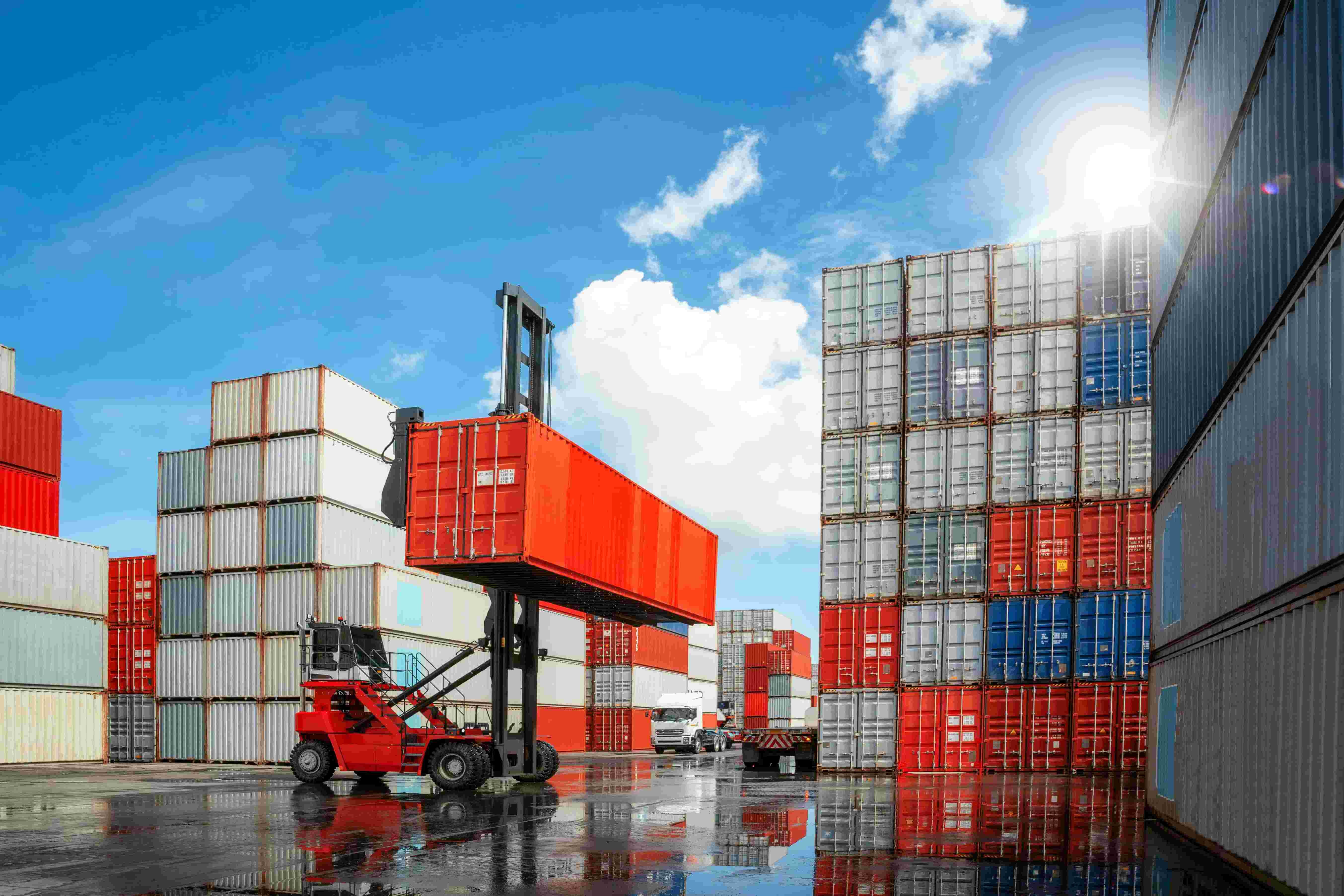
637611972635b.jpg)

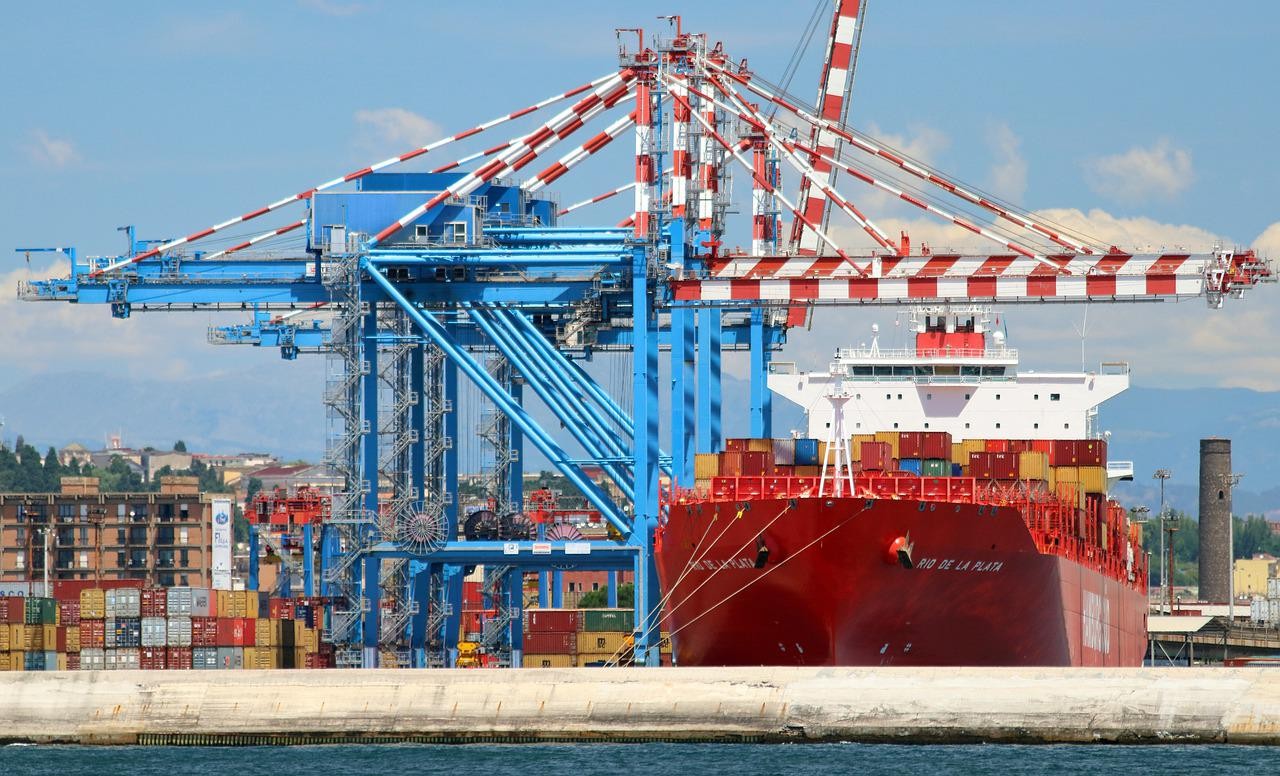


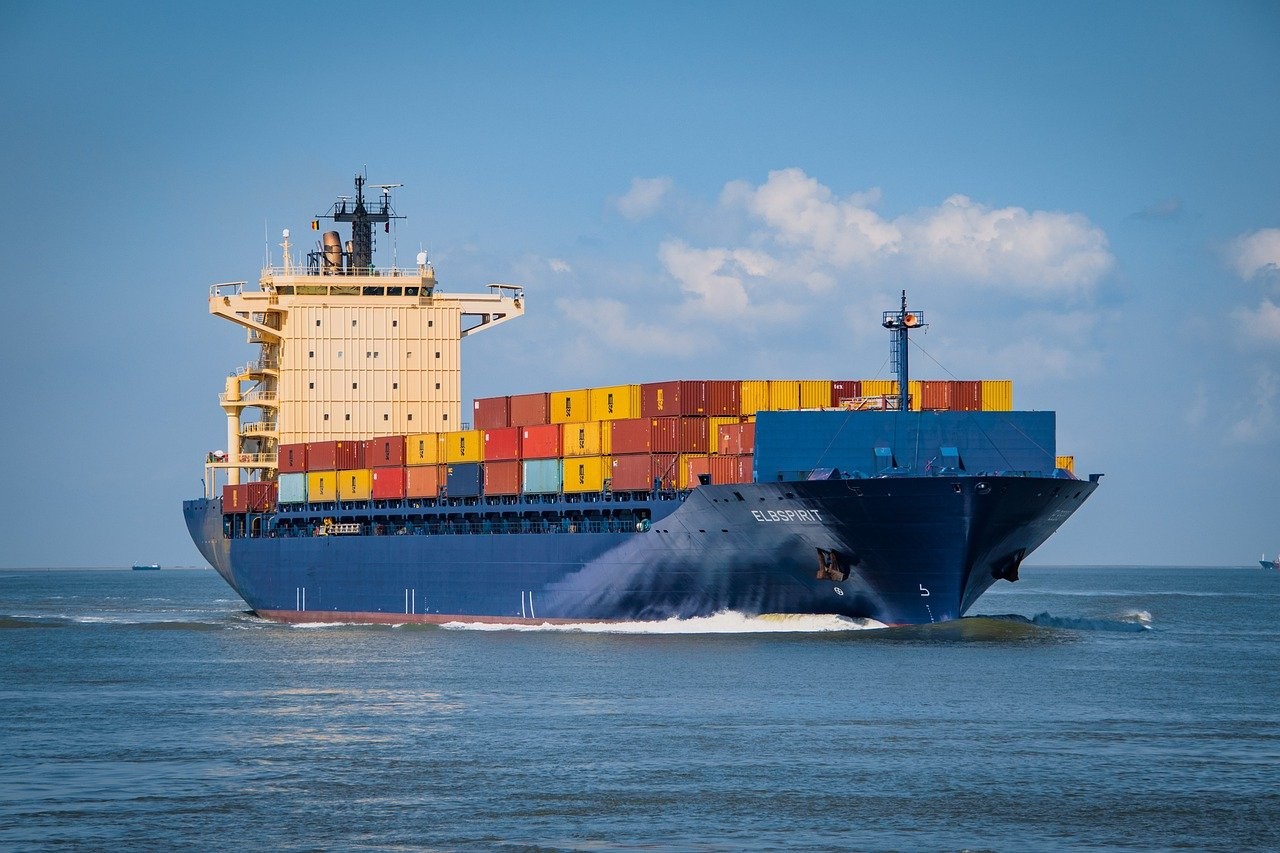
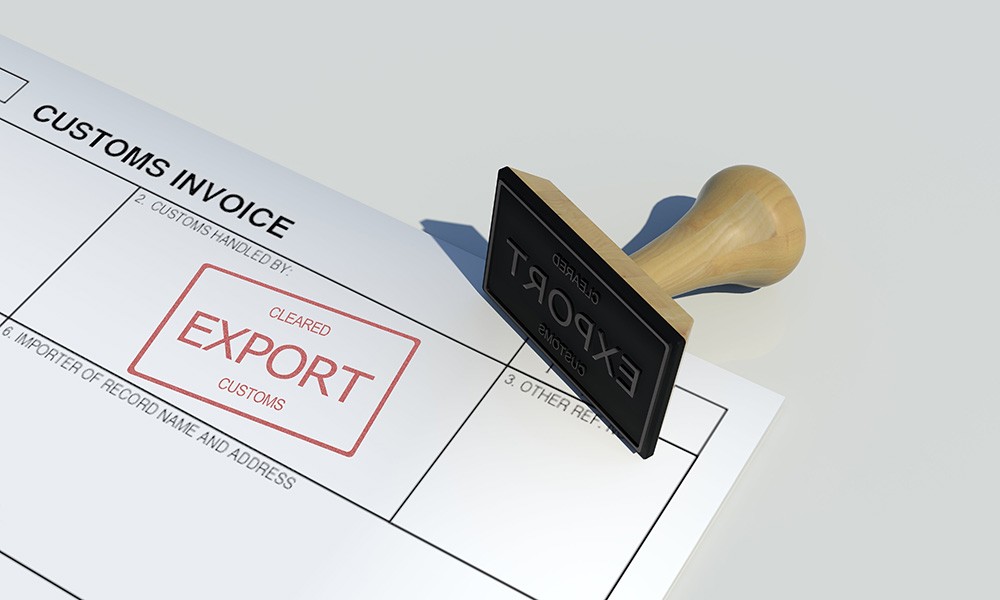
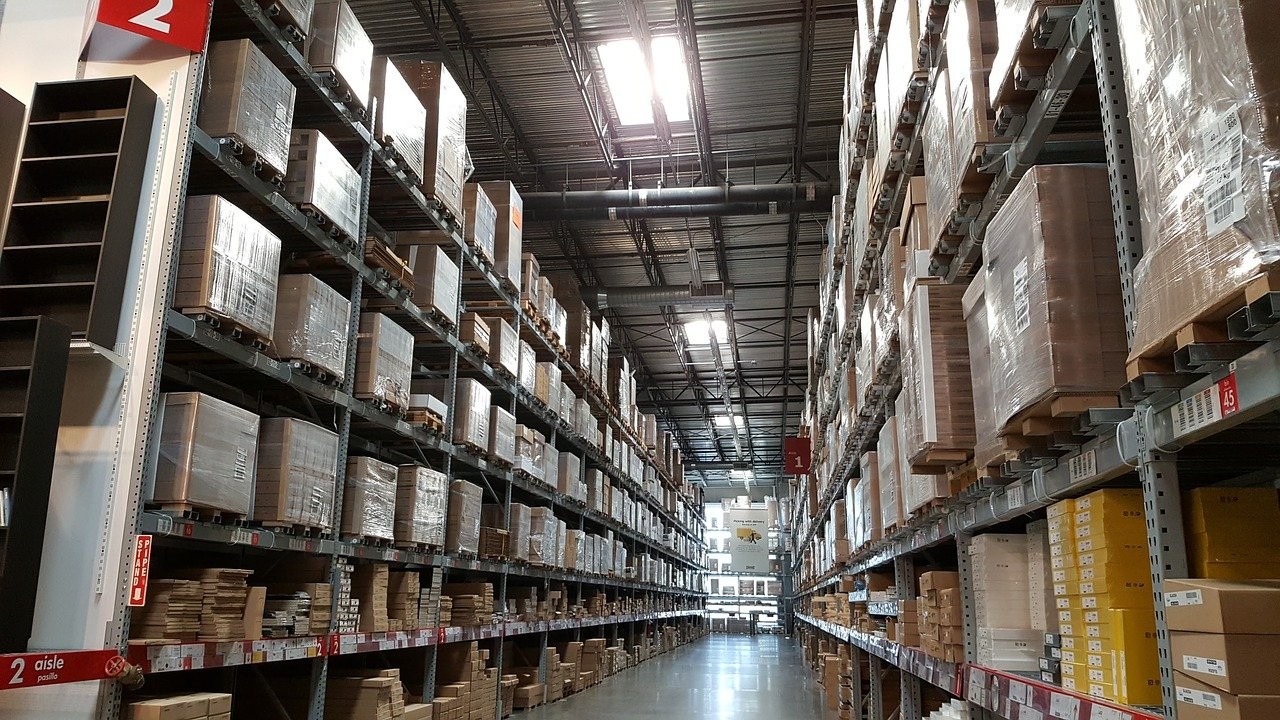

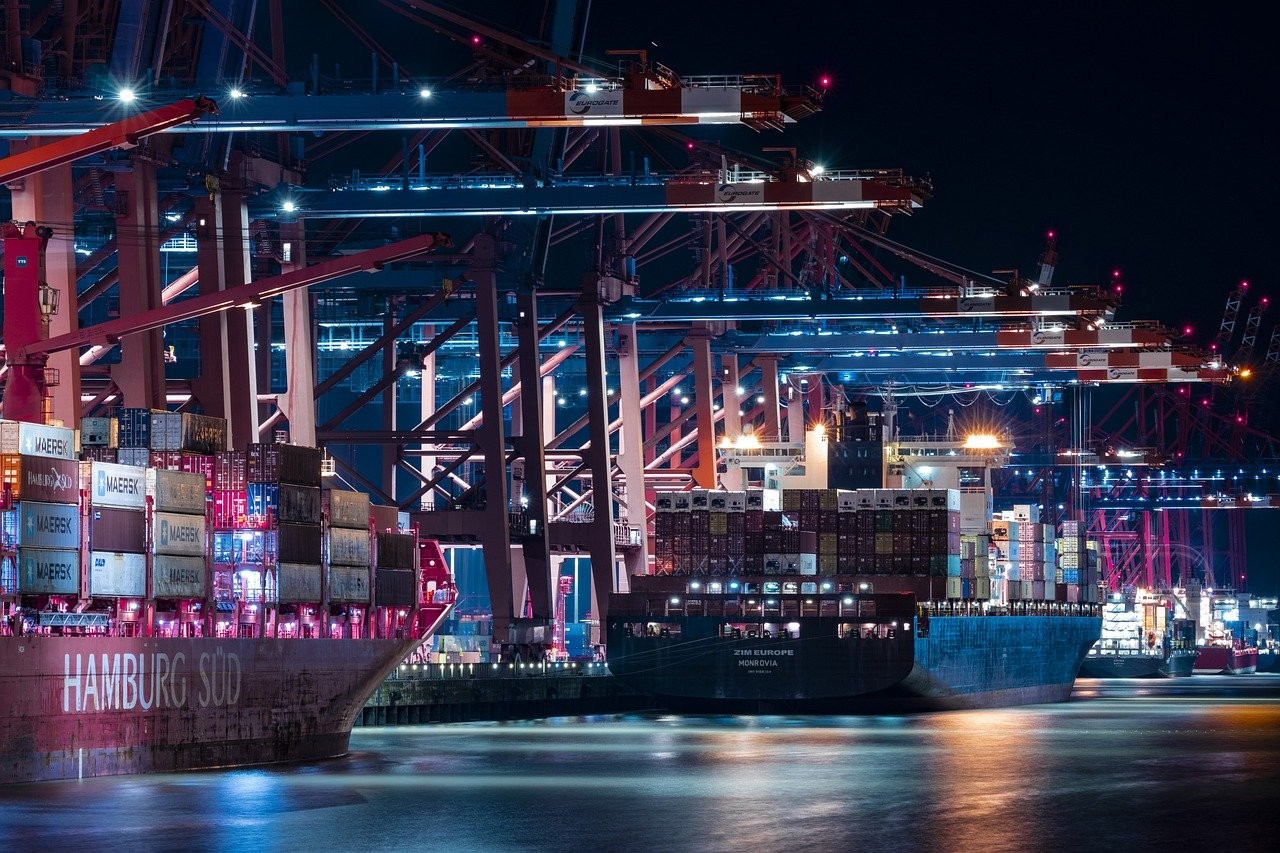
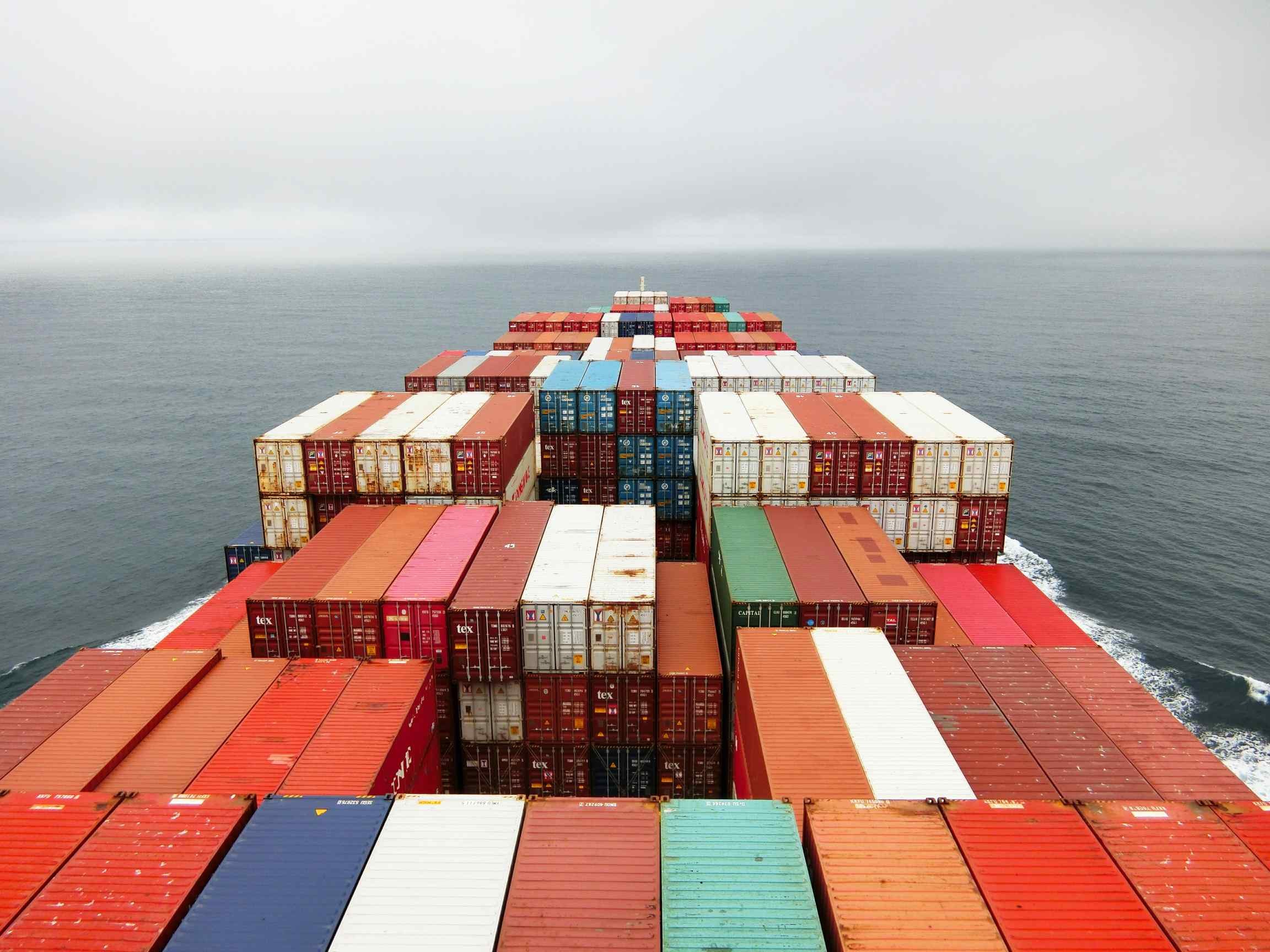
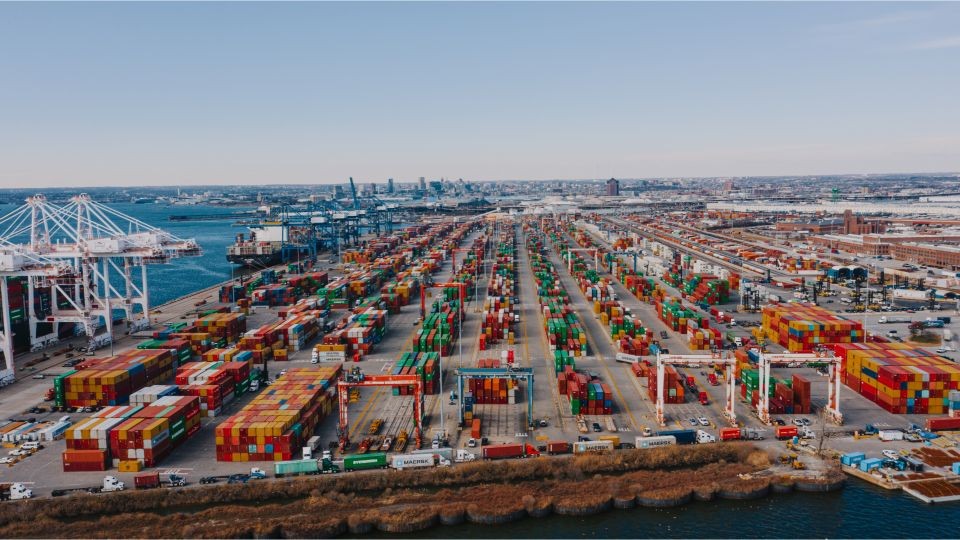

.png)